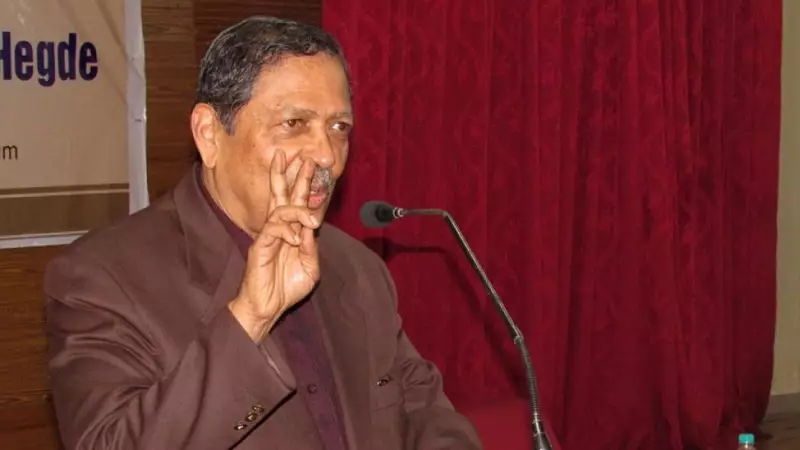
In a significant development that has stirred political and legal circles across India, former Supreme Court judge Justice Santosh Hegde has made a powerful statement regarding the potential banning of the Rashtriya Swayamsevak Sangh (RSS). The respected legal luminary has categorically stated that any move to outlaw the organization would be fundamentally unconstitutional.
Constitutional Protection of Association Rights
Justice Hegde, known for his impeccable judicial credentials and tenure as the Lokayukta of Karnataka, emphasized that the Indian Constitution explicitly guarantees the right to freedom of association. "Any attempt to ban the RSS would directly contravene this fundamental right," he asserted during his recent remarks.
The former judge's comments come at a time when political debates about the organization's status have intensified in various quarters. His legal perspective carries substantial weight given his extensive experience in constitutional matters and his reputation for judicial independence.
Legal Framework and Precedents
Justice Hegde elaborated on the constitutional framework that protects organizational rights, noting that the burden of proof for banning any organization rests squarely with the government. The state must demonstrate compelling reasons that justify such extreme measures, meeting stringent legal standards established through various Supreme Court judgments.
"The constitution provides adequate mechanisms to deal with any organization that steps beyond legal boundaries," Hegde explained. "However, arbitrary bans without substantial evidence violate the very spirit of our democratic framework."
Political Context and Implications
The timing of these remarks is particularly significant as they address ongoing political discussions about the RSS's legal status. Justice Hegde's intervention brings a constitutional perspective to what has often been a politically charged debate.
His statements serve as a crucial reminder that constitutional principles must guide all discussions about banning organizations, regardless of political affiliations. The former judge's impartial stance reinforces the importance of maintaining legal standards above political considerations.
Broader Impact on Democratic Institutions
Legal experts suggest that Justice Hegde's comments highlight the delicate balance between national security concerns and the protection of fundamental rights. His perspective underscores that while the state has legitimate security responsibilities, it must exercise these powers within constitutional constraints.
The former Supreme Court judge's stance reinforces the judiciary's role as the guardian of constitutional values, ensuring that political decisions align with established legal principles and democratic norms.





